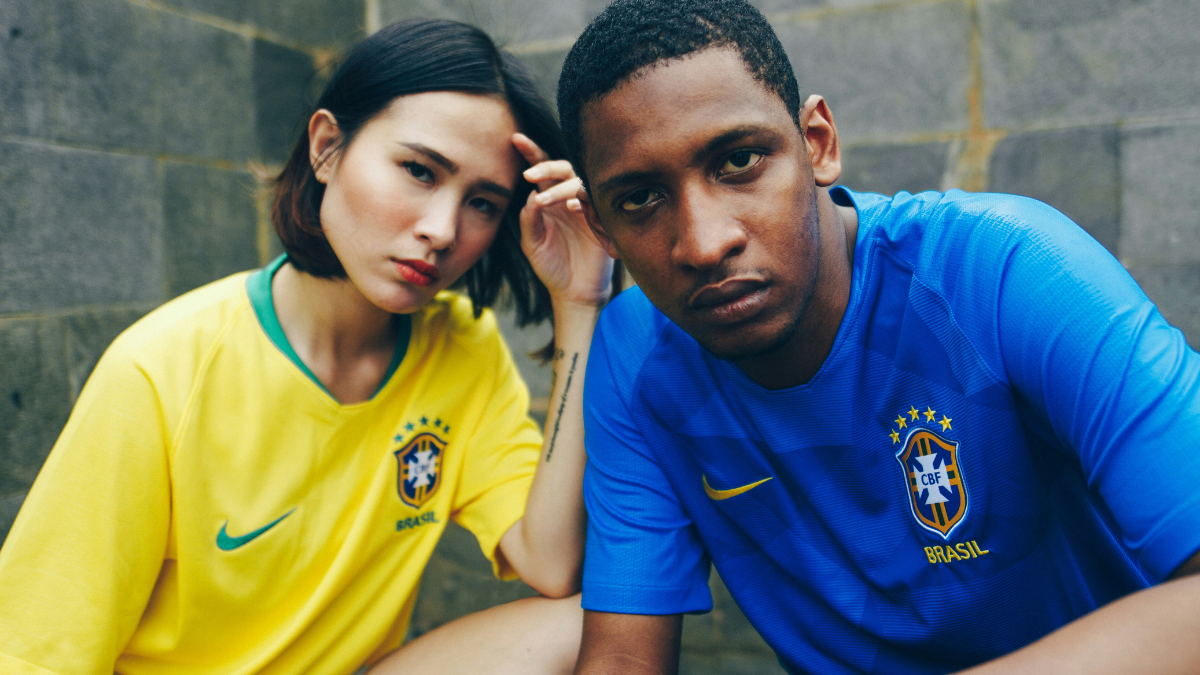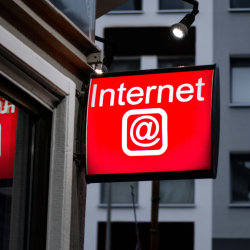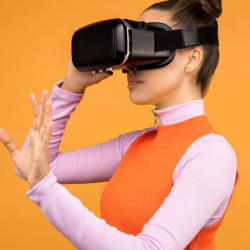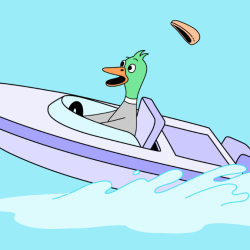Growing up is never easy.
Human nature means that we are hard-wired to rebel when we are teenagers. Instinctively, we are teenage disruptors rebelling against ‘the status quo’, the ‘establishment’, or the ‘way we do things round here’. We cause trouble but we also invent and revolutionise.
But historically we either then or a little later in life respected our ‘elders’, the storytellers, the holders of the knowledge. In some cultures, this still holds true — there is still huge respect for the older members of the community, for they carry the wisdom.
But in other cultures, is this ingrained, unequivocal truth of human nature — “Older equals wiser” — being turned on its head?
Are the youth of today smarter, more aware, more conscious than we were (or even than we are)?
Specifically, is being digitally-native making youngsters smarter?
The internet has given them ultimate wisdom in the palm of their hands – and they are way better at accessing it. They seem more conscious of the fragile planet and the need to save it. They are more aware of climate change and the problems it is creating. They should be – they will have to live with them for longer.
Many Gen Z, millennials (and younger) are more aware of what they eat, drink, think and say. (Well, maybe not all the time, “OK, Boomer?”)
But is this really the case?
They do not need to know, learn, or even think nowadays — they can just “look stuff up”. They live in a world of 10 Instagram sound bits and take in echo chambers. They aren’t the best at investigating things in details, preferring to rely on other people’s (strangers’) recommendations.
They rely hugely on the web. But what about the Web itself. Has it aged well?
Well, I guess, for starters, it’s not really an ‘internet’ anymore.
More importantly and perhaps worryingly, the information superhighway feels more broken than before. While it carries a wealth of human knowledge and the means of instant connectivity, it now brings with it cyber-attacks, and hacks threatening our infrastructure; digital and physical.
There are bots and deep fakes creating fake news, which influence those personal echo chambers and public opinion, and even national elections and global policies. They have a screaming, white-hot stream of information pouring past us… with scant protection and the knowledge and ability. Opinions, good and bad (but mostly click-bait bad), spread rapidly through their consciousness now.
So where does that leave us in the future?
Are the younger generations really getting smarter? Does more information mean more knowledge? Or maybe just more anxiety?
Is social marketing making them more social? (A thorny question for another time.)
A new hope
But there may be a new hope. Both for our wiser future citizens and our digital ecosystems.
Some of the knowledge may be dysfunctional, but this has always been the case. And at last, perhaps because of, recent events, especially political ones, young people are getting better at questioning things, thinking for themselves and using fact-check services. Most are reading beyond the soundbite headlines and recognising that there are limitations with over-simplifying.
Digitally-native sapients are finding newer, smarter ways to learn, interact and engage through digital tools and worlds. Content creation (at an impressively high-quality standard) is an obvious one — strictly for the expert elite a few years ago, now anyone can make a fun TikTok and share it, instantly and globally. Interactive, real-time playing and gathering, through gaming, social viewing of sports, events and even movies are another. Plenty of scientific research demonstrates that gaming builds mental problem solving, reflexes and collaboration — players may appear ‘lost in games’ but they are often ‘immersed in highly-interactive, deeply-emotional narrative’, collaborating and co-operating with friends and unknown allies, to overcome obstacles and achieve goals.
So, hopefully, as they grow a bit older, they will get a bit wiser and maybe recognise that some of the older generation also have things to offer them.
Or is that just my wishful thinking, as I’m increasingly not one of those bright young things? Whilst I am busy wondering what the next big ‘wave of new wisdom’ will be to challenge us all.
Featured image: Lorenzo Herrera / Unsplash
































